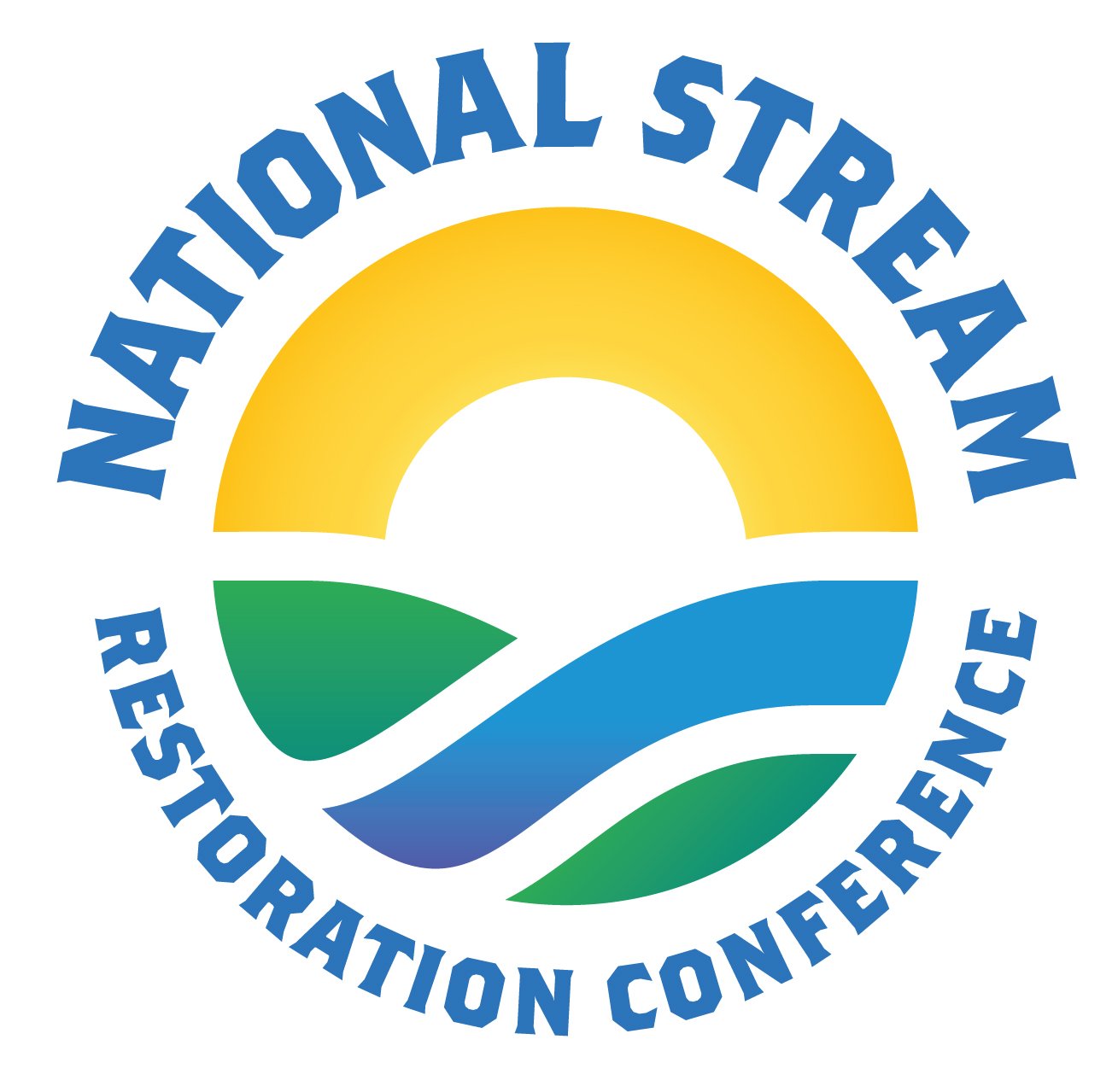A Framework for Applying Stormwater Control Measures as Compensatory Mitigation for Stream Restoration
Ceara Parks Oliver, PE
University of Tennessee
Maryville, TN
With the introduction of the 2008 Mitigation Rule, stream restoration is now a burgeoning industry within the United States. Although the ruling allows for a range of restoration practices to apply for compensatory mitigation, there are few incentives to pursue alternative methods. However, innovation is attainable when utilizing the ruling’s watershed approach to its full potential. As greater emphasis is placed on strategic site selection for mitigation, the watershed approach aims to promote ecological recovery with compensatory efforts. Although not widely used for compensatory mitigation, stormwater control measures (SCMs) are known for improving water quality and returning a watershed to a more natural state. This presentation will focus on developing a framework to apply SCMs as compensatory mitigation for stream restoration. To measure an SCM’s ability to improve water quality within a stream, both sediment and habitat will be treated as currency. Sediment is supplied via in-stream erosion and catchment sources. With advancements in hydromodification, sediment is one of the most reported stressors of stream health. Considering that sediment is frequently utilized when determining compensatory mitigation for stream restoration, applying sediment as a currency for SCMs makes this a readily applicable approach. The second currency, habitat, is inspired by stream restoration’s primary goal of providing ecological uplift. Although biology is seen as a driving force in stream evolution, stream restoration doesn’t always result in biological recovery. This framework will dive into modeling SCMs in software such as River2D to reflect habitat potential for specific fish species. This currency provides a biological approach to ecological uplift for compensatory mitigation efforts. Ultimately, the objective of this framework will be to foster innovation and uncover the 2008 Mitigation Rule’s full potential.
About Ceara Parks Oliver, PE
Ceara Parks Oliver is a graduate student pursuing a Ph.D. in Water Resources Engineering at the University of Tennessee. Studying under the guidance of Dr. John Schwartz, her research focuses on applying stormwater control measures as compensatory mitigation for stream restoration with an emphasis on policy and regulations. As a registered P.E. in the state of Texas, Ceara brings both academic enthusiasm and practical experience to this field. After graduating from the University of Oklahoma in 2013 with a B.S. in Civil Engineering, Ceara worked in the transportation industry for Burns & McDonnell. Her role quickly evolved into a stormwater engineer specializing in stormwater management, H&H modeling, MS4 coordination, and task management. This period solidified her passion for stormwater and regulations, and nearly a decade later, she aspires to combine these passions with education to foster collaboration and innovation within the field of water resources engineering.

